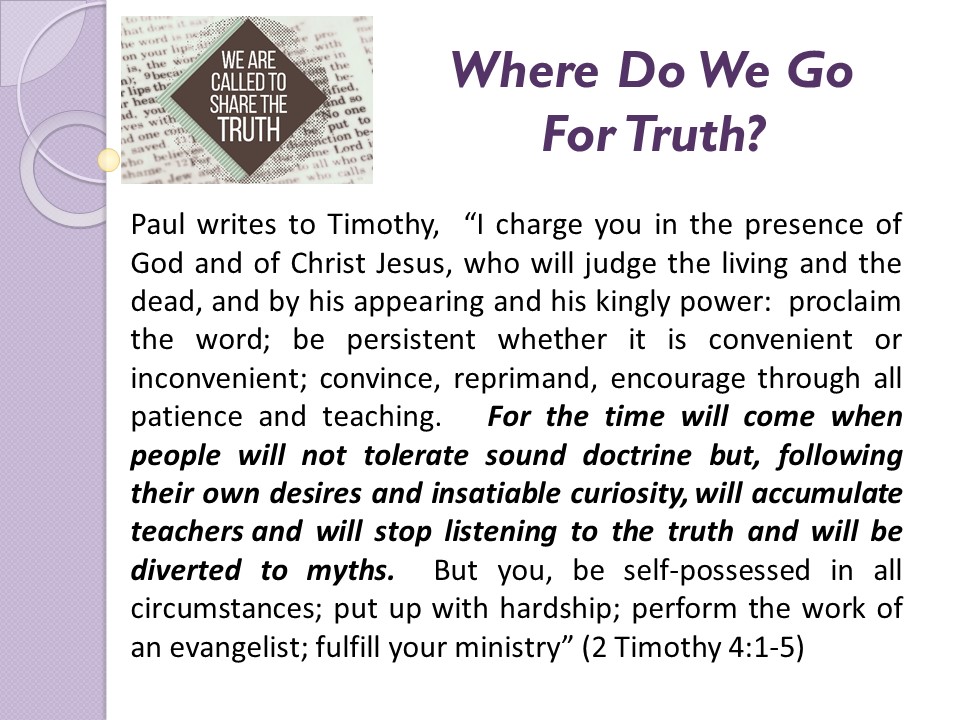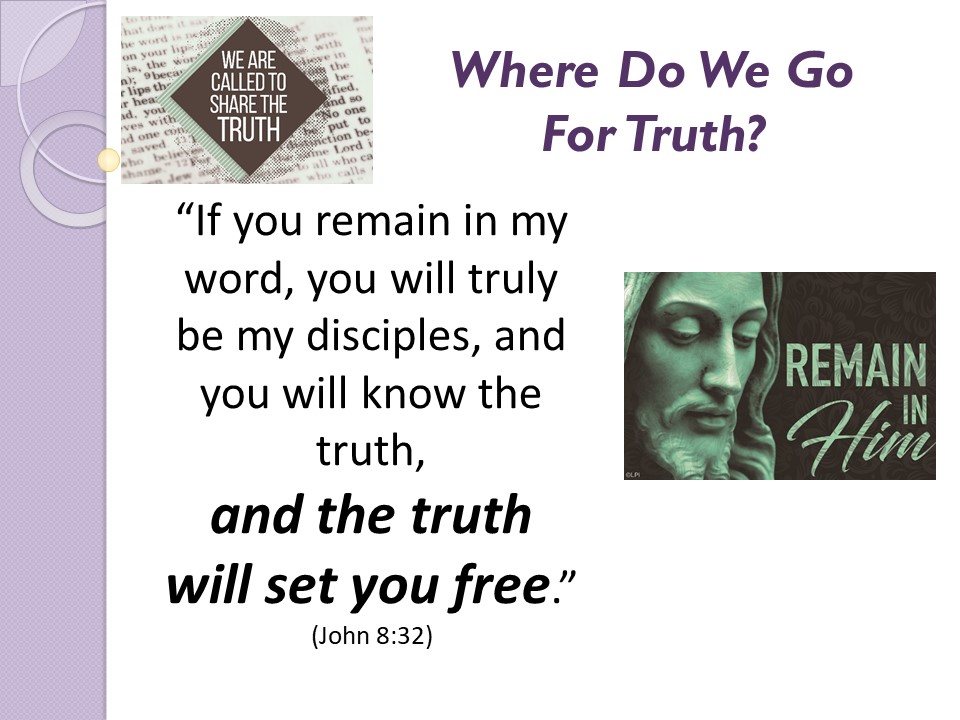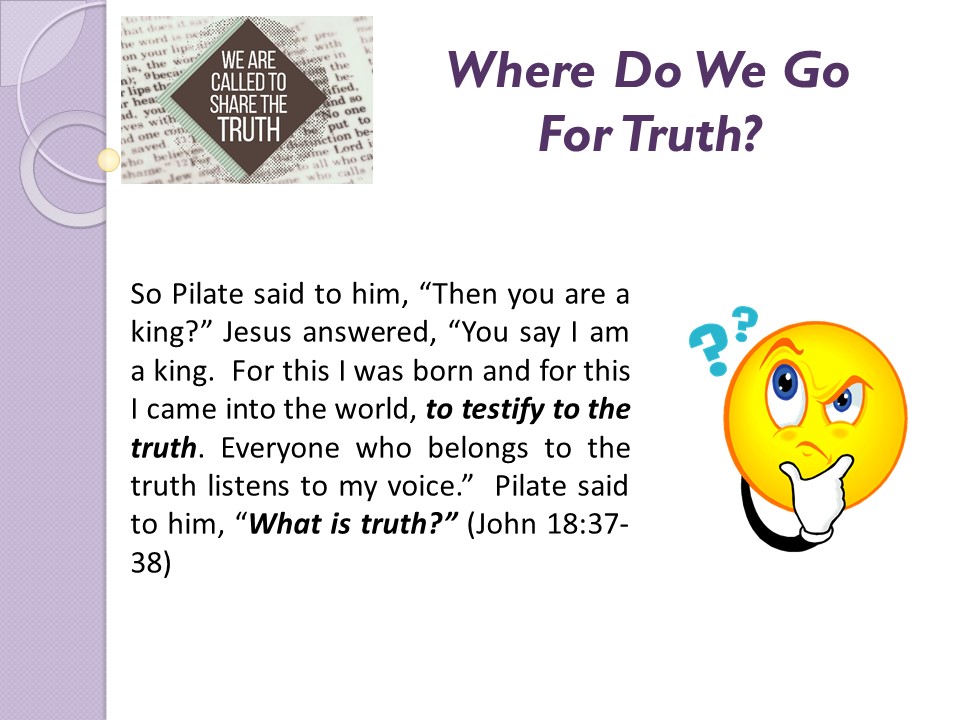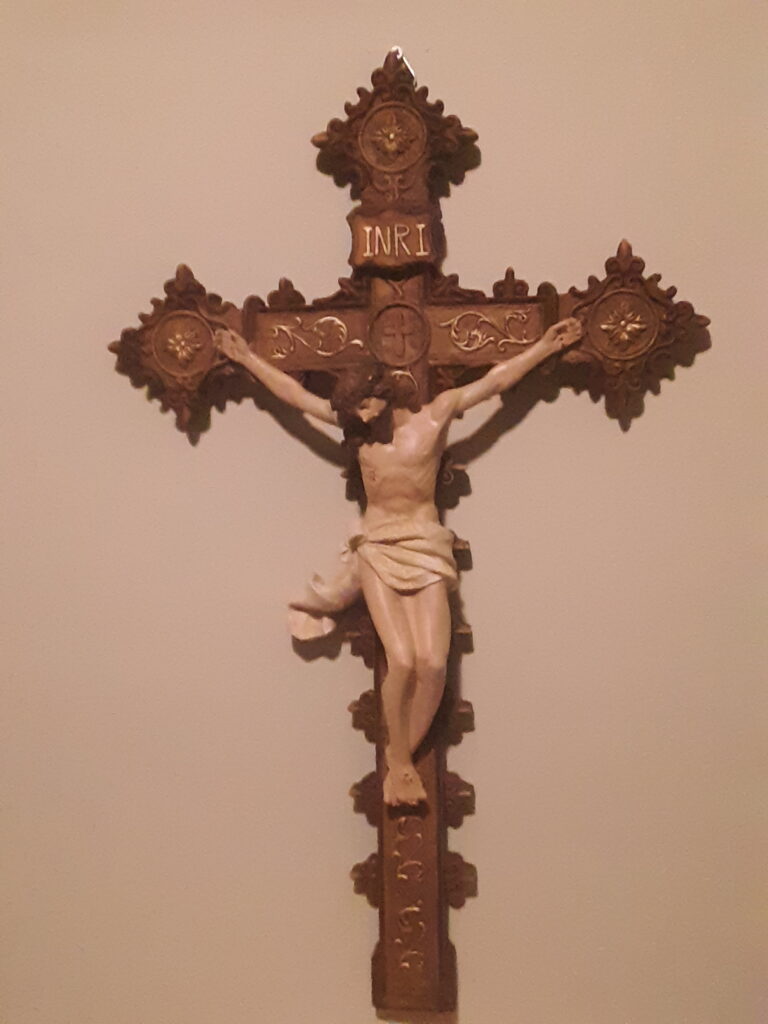There is confusion over the question of who can receive Communion in the Catholic Church. The question comes up in the news because of prominent politicians who are Catholic but support abortion. Unfortunately, this leads to the politicization of the question of who can receive Communion. This is a question that concerns not just politicians but all of us.
President Biden recently met with Pope Francis. Following that meeting Biden said that the Pope said that he was a good Catholic and he could continue receiving Communion. Biden also said that they did not talk about abortion. This was distressing news to Catholics who hold to the Pro-Life teaching of the Catholic Church and understand Catholic teaching on who can receive Communion. I had a couple of people ask this question (hence, this article).
First, I need to clarify that we do not know what the Pope said in his meeting with President Biden. The Vatican said they would not comment on what was said because it was a personal matter. So, we only know what Biden says the Pope said.
That being said, it can seem a challenge to understand where the Pope does stand on some issues. We can see Pope Francis’ prolife view in Fratelli Tutti, where he writes, “Some parts of our human family, it appears, can be readily sacrificed for the sake of others considered worthy of a carefree existence. Ultimately, “persons are no longer seen as a paramount value to be cared for and respected, especially when they are poor and disabled, ‘not yet useful’ – like the unborn, or ‘no longer needed’ – like the elderly. We have grown indifferent to all kinds of wastefulness, starting with the waste of food, which is deplorable in the extreme” (18). Life in the womb is not disposable. It is precious.
There is also concern by Catholics in the United States who treasure the Pro-Life teaching of our Catholic Church and who can receive Communion about what the United States Conference of Catholic Bishops (USCCB) and individual bishops in the United States have said about politicians who support abortion receiving Communion. The people who were looking for a strong stance by the USCCB feel the new document, “The Mystery of the Eucharist in the Life of the Church” does not go far enough.
We need a strong prophetic Catholic voice in the world. We need to pray for Catholic leaders who embrace the teachings of our Catholic faith to have the courage to speak what the Lord wants said regarding our Pro-Life teaching. That being said, we need to realize that the new document, “The Mystery of the Eucharist in the Life of the Church”, was not written with the sole purpose of addressing politicians receiving Communion. It is to rekindle a general understanding of what the Eucharist really is.
In a moment, I am going to highlight some of the text in “The Mystery of the Eucharist in the Life of the Church”. Please note that what I offer is not meant to be a comprehensive discussion of the document. If you want to hear a comprehensive discussion by me of the Pro-Life teaching of our Catholic Church, please see my series of presentations, Treating Life with Dignity and Love. This is a four-part discussion of Catholic Pro-Life teaching at all stages with Part II focusing on abortion (and the death penalty). For a presentation by me on the Eucharist, please see Part III in my series, Sacraments: Channels of God’s Grace.
That being said, I would now like to highlight some text from the new USCCB document. As we read the document, as the USCCB writes, “it must be acknowledged that no document can exhaust the mystery of the gift of the Eucharist, (USCCB, 5)
As it begins its discussion on the Eucharist, the USCBB includes a reminder to us of what it is that we celebrate at Mass on Sunday. Sunday is not just another day of the week. The USCCB writes, “In similar fashion, Pope Saint John Paul II reminded us of this ongoing presence when he repeated to us the words of Christ: I am with you always, to the end of the age (Mt 28:20). He proclaimed: “This promise of Christ never ceases to resound in the Church as the fertile secret of her life and the wellspring of her hope. As the day of Resurrection, Sunday is not only the remembrance of a past event: it is a celebration of the living presence of the Risen Lord in the midst of his own people” (paragraph 2, quote by Pope John Paul II from Dies Domini, 31). This is why we need Sunday Mass. For Jesus himself said, “Amen, amen, I say to you, unless you eat the flesh of the Son of Man and drink his blood, you do not have life within you” (John 6:53).
In speaking of who (not just politicians can receive Communion) the USCCB reminds us that we need to acknowledge our own sinfulness with 1 John 1:8, “If we say, “We are without sin,” we deceive ourselves, and the truth is not in us.”
From there, the USCCB reminds us of the various elements of the Eucharist. It is sacrificial for it is Jesus shedding his blood for us for the forgiveness of our sins (13). “Christ’s sacrifice of himself to the Father was efficacious and salvific because of the supreme love with which he shed his blood” (14). It is a memorial, not just as “another sacrifice, but the re-presentation of the sacrifice of Christ” (14, my emphasis).
It is a meal as we fed with the Lord’s Body and Blood (15). It is unleavened bread, remembering the flight of the Israelites from Egypt (15).
The bishops remind us that the Catholic Church did not “invent” our teaching on the Eucharist, “From the very beginning, the Church has believed and celebrated according to the teaching of Jesus himself: “Whoever eats my flesh and drinks my blood has eternal life and I will raise him on the last day. For my flesh is true food, and my blood is true drink. Whoever eats my flesh and drinks my blood remains in me and I in him (Jn 6:54-56)” (18).
The bishops also remind us, “Though Christ is present to us in many ways in the liturgy, including in the assembly gathered, the presiding minister, and the word proclaimed, the Church also clearly affirms that “the mode of Christ’s presence under the Eucharistic species is unique.” As St. Paul VI wrote, “This presence is called ‘real’ not to exclude the idea that the others are ‘real’ too, but rather to indicate presence par excellence, because it is substantial and through it Christ becomes present whole and entire, God and man.” (The first quote is from the Catechism of the Catholic Church paragraph 1374. The second is from Pope Paul VI, Mysterium Fidei, 39).
I spoke earlier about the concern of Pro-Life Catholics regarding how far the bishops go in their document. The bishops have a unique responsibility to safeguard the teaching of the church. In paragraph 36, they in turn speak of the responsibility of those in public authority as they write, “Lay people who exercise some form of public authority have a special responsibility to form their consciences in accord with the Church’s faith and the moral law, and to serve the human family by upholding human life and dignity.”
To this I will add from the Catechism of the Catholic Church, “Therefore, they are guilty of scandal who establish laws or social structures leading to the decline of morals and the corruption of religious practice, or to “social conditions that, intentionally or not, make Christian conduct and obedience to the Commandments difficult and practically impossible.“ (2286).
In paragraphs 45-46, the USCCB reminds us of the differences between venial and mortal sin. Then, they remind us of the need for the Sacrament of Reconciliation when we have committed mortal sin (47). This leads to the question of who can receive Holy Communion to which they quote Pope John Paul II, Ecclesia de Eucharistia, no. 37, “The judgment of one’s state of grace obviously belongs only to the person involved, since it is a question of examining one’s conscience. However, in cases of outward conduct which is seriously, clearly and steadfastly contrary to the moral norm, the Church, in her pastoral concern for the good order of the community and out of respect for the sacrament, cannot fail to feel directly involved. The Code of Canon Law refers to this situation of a manifest lack of proper moral disposition when it states that those who ‘obstinately persist in manifest grave sin’ are not to be admitted to Eucharistic communion.”
The cases of “outward conduct” is where the question of politicians who publicly support abortion comes in. They openly support a position not in keeping with Catholic teaching. We pray for them as we pray for all of us to repent of our sins and turn our hearts to the Lord. We all need to examine our conscience (see my page on the Sacrament of Reconciliation and my article on conscience).
As I said earlier, what I offer here on the USCCB’s new document, “The Mystery of the Eucharist in the Life of the Church”, is not meant to be comprehensive discussion of the document. You can read it for yourself at https://www.usccb.org/resources/The%20Mystery%20of%20the%20Eucharist%20in%20the%20Life%20of%20the%20Church.pdf.
Whether you read the document or not, please pray for all people to come to a deeper understand of both the Pro-Life teaching of the Catholic Church as well as a deeper understanding of what God offers us in the Eucharist.
Peace,
Fr. Jeff




